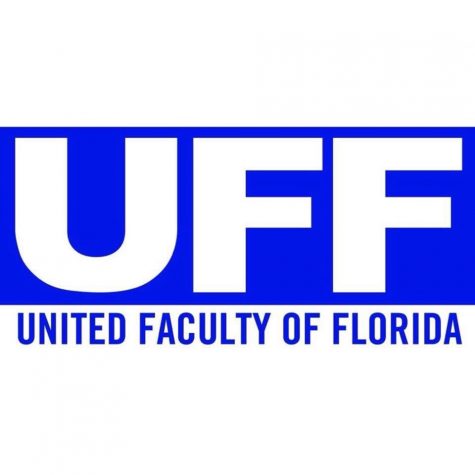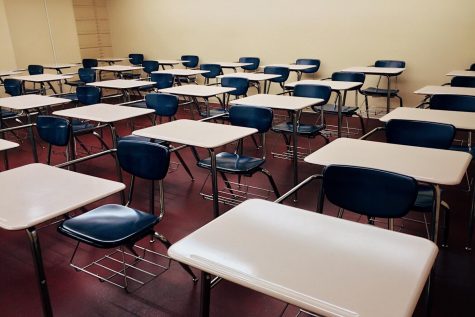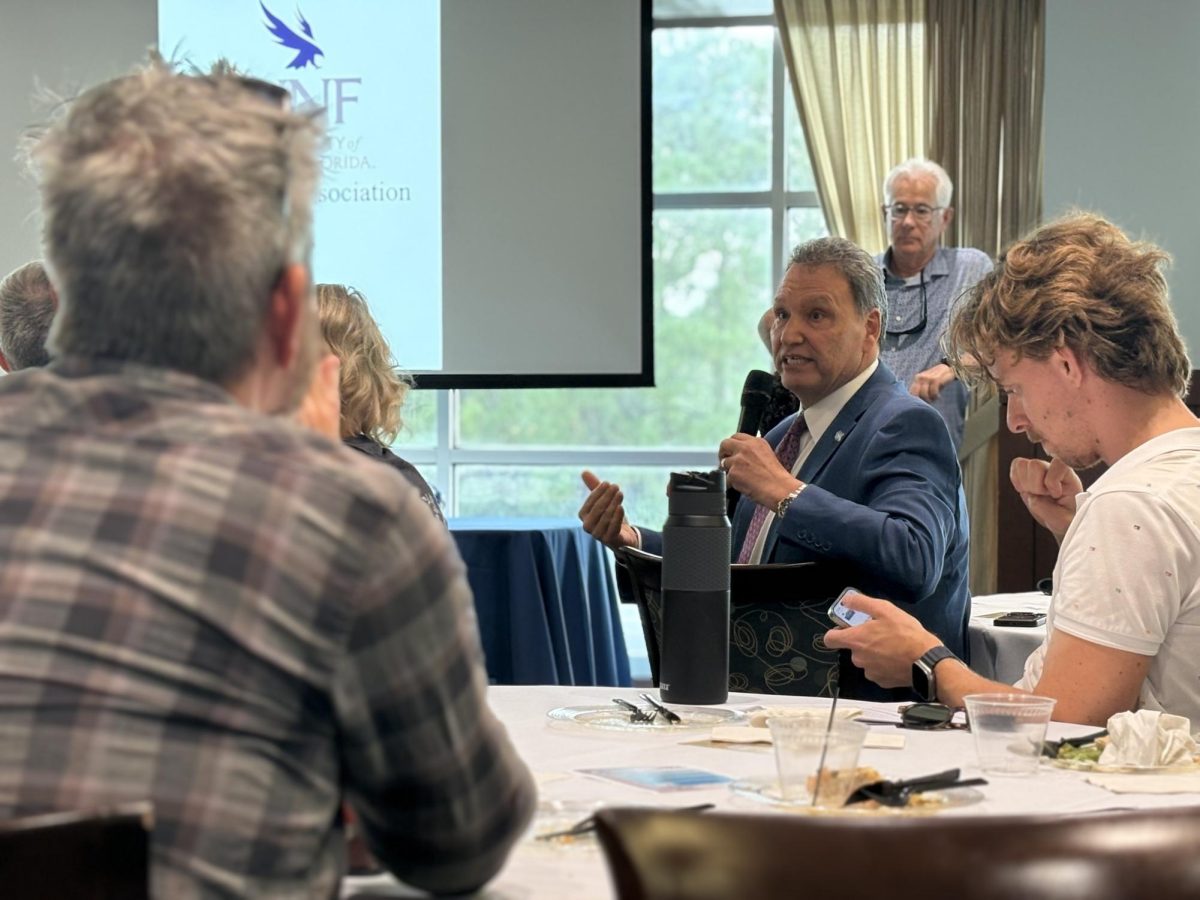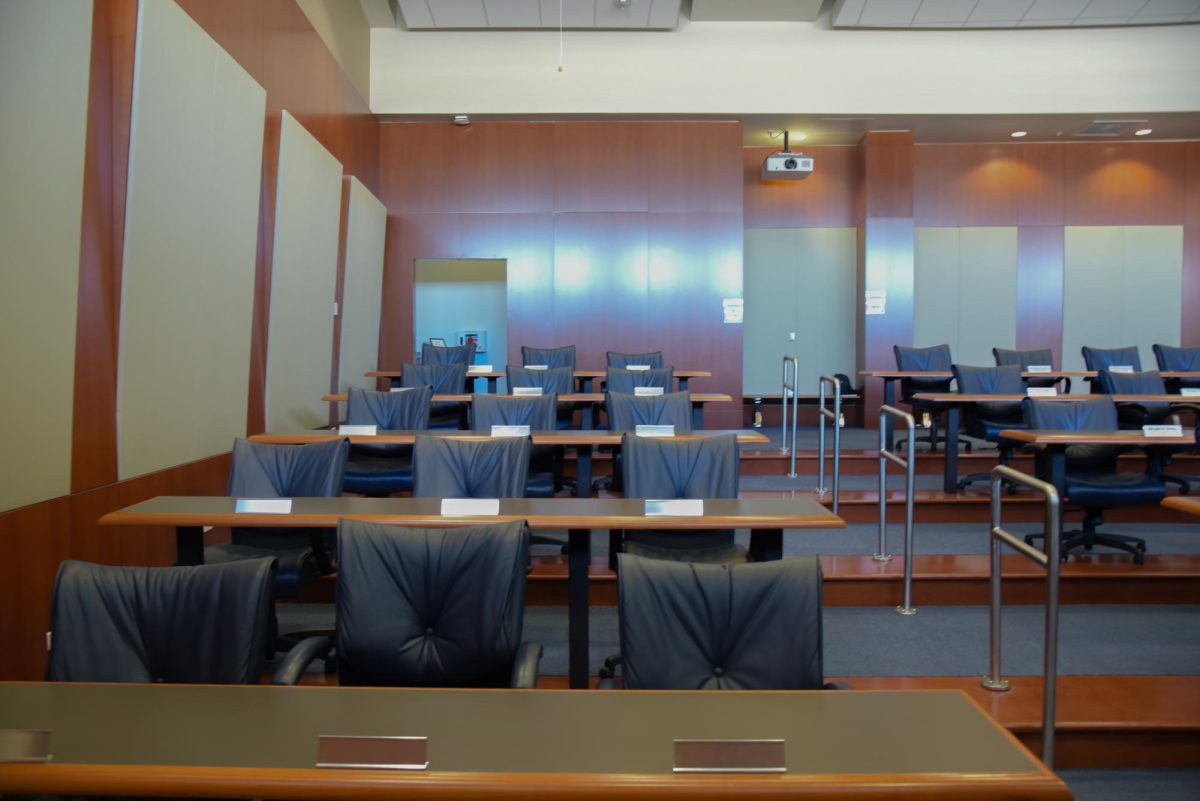When it comes to reopening Florida universities in the fall, faculty across the state have concerns they fear may not be heard.
Representatives from the United Faculty of Florida (UFF), which represents thousands of faculty members across the state, formed their own task force of stakeholders made up of those the UFF felt were not included in existing task forces. These stakeholders included students and parents, community leaders, mental and public health professionals, faculty, former trustees, and a legislative representative.

At the Board of Governors (BOG) meeting last week UFF Director, Marshall Ogletree, said that “the guidelines are a good template for universities to follow for now,” but indicated there are concerns that most discussions about any government level dealing with reopening have not been open for faculty members to give their input.
Existing task forces formed by the Board of Governors and the Office of the Governor are heavy with business leaders, including only a handful of education representatives.
Faculty representative Robin Goodman, made the point that “decisions about reopening should include the faculty as they are the frontline workers on some level and need to be taken into account.”
Since each University was left largely on their own to develop their own specific reopening plan, the UFF task force compiled their own list of recommendations which they have submitted to the relevant boards in hopes of consideration.

The document the UFF task force created is extensive. It includes what they list as requirements to reopening as well as recommendations, going so far as to provide a list of training materials to support their suggestions.
One of the main concerns iis funding. They explain that the university system of Florida is an economic driver for the state, employing roughly 100,000 full and part-time staff. In many cases the universities are among the largest employers in their respective areas.
The report goes on to say that should any funding be cut or staff be laid off it would only contribute to an already overburdened unemployment system across the state. This would create a ‘negative multiplier impact on our economy.’
From their press release, “our mission will require continued investment in Florida’s colleges and universities during this severe economic downturn. In short, Florida should not sacrifice their futures. There should be no reduction in funding for academics and research in our colleges and universities.”
The UFF recommendations closely mirror those set forth in the BOG’s general reopening guideline, adhering to best and most current recommendations they could find. However, they go deeper into requiring provisions for faculty and student mental health, social and emotional well-being.
Including access to spaces on campus for grieving and healing, providing extra resources for vulnerable populations, and providing websites with instructions for access for parents, students and faculty.
Additionally, as part of their ‘Student Success’ segment of the document, they state reopening must ‘integrate all factors in the educational process in order to support students in both their academic success and developing the proficiencies needed for future achievements.’
Among these suggestions are expanded access for all students to broadband and technology to ‘close the digital divide,’ waiving internet access fees for students, upscaled Student Assistance Programs, investment in captioning software and increased ADA support for students with special needs.
“We hope it will be of use to the forty presidents and all UFF members of our state institutions of higher learning as they work to create their plans,” UFF President, Karen Morian said, “and that colleges and universities will include faculty and other local stakeholders in the committees formed to develop the best plans possible for a safe and successful fall semester.”
___
For more information or news tips, or if you see an error in this story or have any compliments or concerns, contact editor@unfspinnaker.com.











